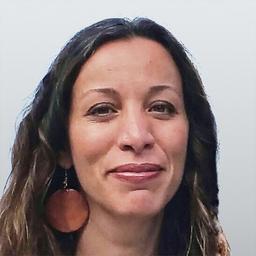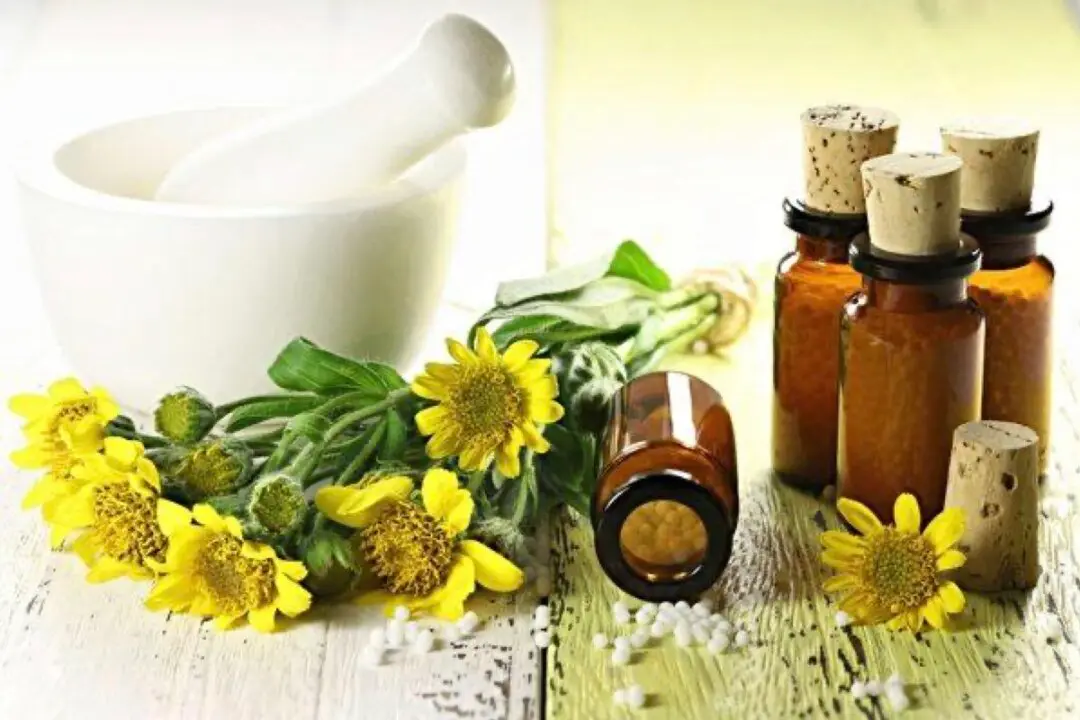Franchesca Duval wanted to raise chickens for her family, but when she found out that the industry practice was to euthanize excess male chicks upon hatching, the information weighed heavily on her heart. She knew she could not support that, so she began researching other ways of hatching and raising chicks.
The venture started as a few fertile hatching eggs and a six-egg incubator in her bathroom and has now turned into Alchemist Farm, located in Sebastopol, California. There, the Duvals hatch, breed, and sell chickens and do consulting on sustainable and environmentally friendly business practices.





